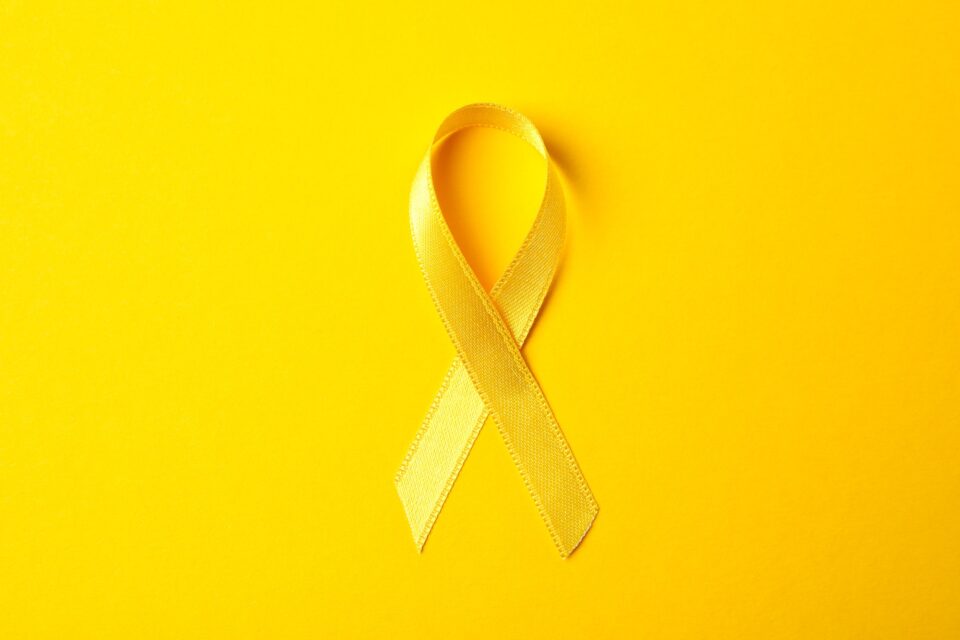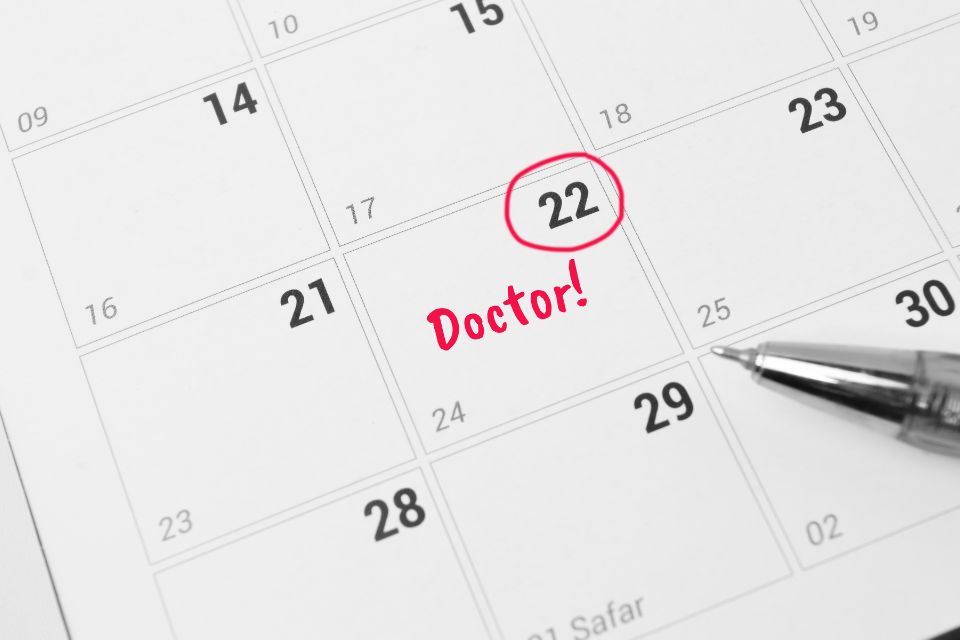Proper nutrition is vital for everyone. But if you’re a cancer patient, you should take some extra steps to ensure that you’re eating healthy. Because of the numerous side effects of chemo and radiation therapies, your appetite and energy levels will be affected, making proper nutrition all the more important.
As an oncomanagement platform, Wheelhouse aims to improve the quality of life for cancer patients during and after their cancer treatment by bridging the unmet gaps in the cancer journey. This article will also contain tips that will help you address common symptoms, offer up helpful pantry stocking tips, and help you pick the right foods to keep you active—even through your cancer treatment.
3 Common Eating Issues for Cancer Patients
Depending on the kind of treatment you’ll be receiving, there are a handful of common symptoms that will likely affect your appetite.
1. Loss of Appetite and Nausea
Many patients experience a severe lack of appetite, accompanied by intense nausea. Not eating enough can also cause nausea, though. If you’re feeling lightheaded and nauseous, eat something small like a bowl of applesauce, a banana, or drink a high-calorie protein shake.
A way to curb low appetite is by eating several small meals a day instead of forcing yourself to eat three large meals. Have small snacks to eat 6-10 times a day, and have a few larger meals when your stomach is settled enough to keep them down.
2. Changes in Taste
You may notice that chemotherapy changes your sense of taste. Things like red meat may taste metallic or bitter. On the other hand, you may lose your sense of taste entirely.
Consider sticking to white meats like chicken, turkey or increasing the number of eggs you eat. Adding tofu or beans to your diet can also help replace that vital protein source.
Consider adding tartness with lemon and lime juice to your dishes if you have difficulty tasting. Or use tart spices like lemon pepper or sage. These will be mild enough not to upset your stomach but are more robust flavors you’ll notice more.
3. Sensitive Nose
Your nose may become more sensitive throughout your treatment. This may make eating some foods you used to enjoy difficult, as they may be too pungent.
If you’re experiencing nose sensitivity, consider eating room temperature or cold foods. These foods emit less fragrance and may be easier for you to eat. Invest in some fans or sit by an open window to keep the smell of food from lingering around you.
3 Ways to Prep Your Kitchen Before Treatment
Consider how you can prep your kitchen and pantry before starting your cancer treatment to set yourself up for nutritional success. Looking ahead and getting your pantry ready with nutrient-dense, easy-to-eat food is an excellent first step.
Use these tips to choose the best pantry staples that will keep you strong.
1. Have High-Fiber Ready Made Foods on Hand
When getting dry storage foods, get ready to make microwave meals high in fiber but aren’t too flavorful. Have instant brown rice, hot cereal, and oatmeal for quick and small meals. Small whole grain muffins can be a great snack, along with nuts, yogurt, applesauce, and other foods high in vitamins like potassium and good fats.
2. Freeze Some of Your Favorites
Even on days you feel like eating, you may not want to use your extra energy on cooking. Don’t let this stop you from enjoying your favorite meals when you’re having a good day! Consider making a few servings of your favorite dinners in advance and freeze them.
Or consider reaching out to friends and family. Your loved ones can offer great support by cooking your meals when you start treatment or on occasion. These can also be frozen and enjoyed for several days.
3. Have Easy to Grab Snacks
Snacks will likely become your best friend. Even when you don’t feel well, just eating a little will go a long way in keeping your body strong. Keep colorful pre-cut vegetables and fruits in the fridge, have nut snack packs, bananas, and dried fruits in reach at work and on the go.
Tips to Eat Enough Calories
Getting enough calories will be difficult when you don’t feel like eating. You can make up some of that calorie deficit on days you feel good, but it’s important to eat every day.
Eat every few hours, even when you don’t feel like it and even if it’s just a handful of cashews or almonds and a calorie-rich cup of hot cocoa made with whole milk. It cannot be understated how vital eating is when receiving cancer treatments. Eating the right foods will help you stay strong in the long run.
Avoid “Diet” Foods
You want to protect your bones and healthy cells through your cancer treatments. Eating healthy fats from vegetables, whole milk products, and nuts is a great way to ensure you don’t lose body mass. Don’t choose to eat any skim milk products, low-fat foods, or even low-calorie drinks.
Staying hydrated is just as important as eating right, but the liquids you consume should also offer nutritional value. Drinking water is good, but drinking shakes with protein powder with added nutrients instead is better.
Get Enough Protein
While it may be difficult to eat red meats, protein will be essential to preserving your muscle mass. You don’t just have to eat meat to consume protein, however. Consider:
- Adding cheese to more of your favorite foods
- Adding peanut butter (or for a less flavorful option avocado) to your smoothies
- Using hummus as pita dip, but also as a spread on sandwiches
- Finding ways to eat more eggs—like using an egg wash to make French toast
- Adding nuts to muffin and cookie recipes
- Using bone broth in stocks for broth
Stay on Top of Your Health with these Healthy Eating Tips
Maintaining your health is very important when you’re undergoing cancer treatments. When you feel like eating something, even if it’s not the right time of day for some pot roast or an omelet, go ahead and eat it anyway. Choose to eat with friends and family or in a relaxing atmosphere to continue building positive feelings around meals, even when you don’t feel hungry.
Utilizing these tips, you’ll be better prepared to address your dietary needs as you encounter the tribulations of cancer treatment while choosing to maintain your health despite it.
If you’re an employee and want to see what Wheelhouse could do for your company or organization, let’s talk!
Sources:
https://www.cityofhope.org/living-well/healthy-eating-tips-for-cancer-patients
https://www.webmd.com/cancer/cancer-diet
https://www.mskcc.org/cancer-care/patient-education/eating-well-during-your-treatment







